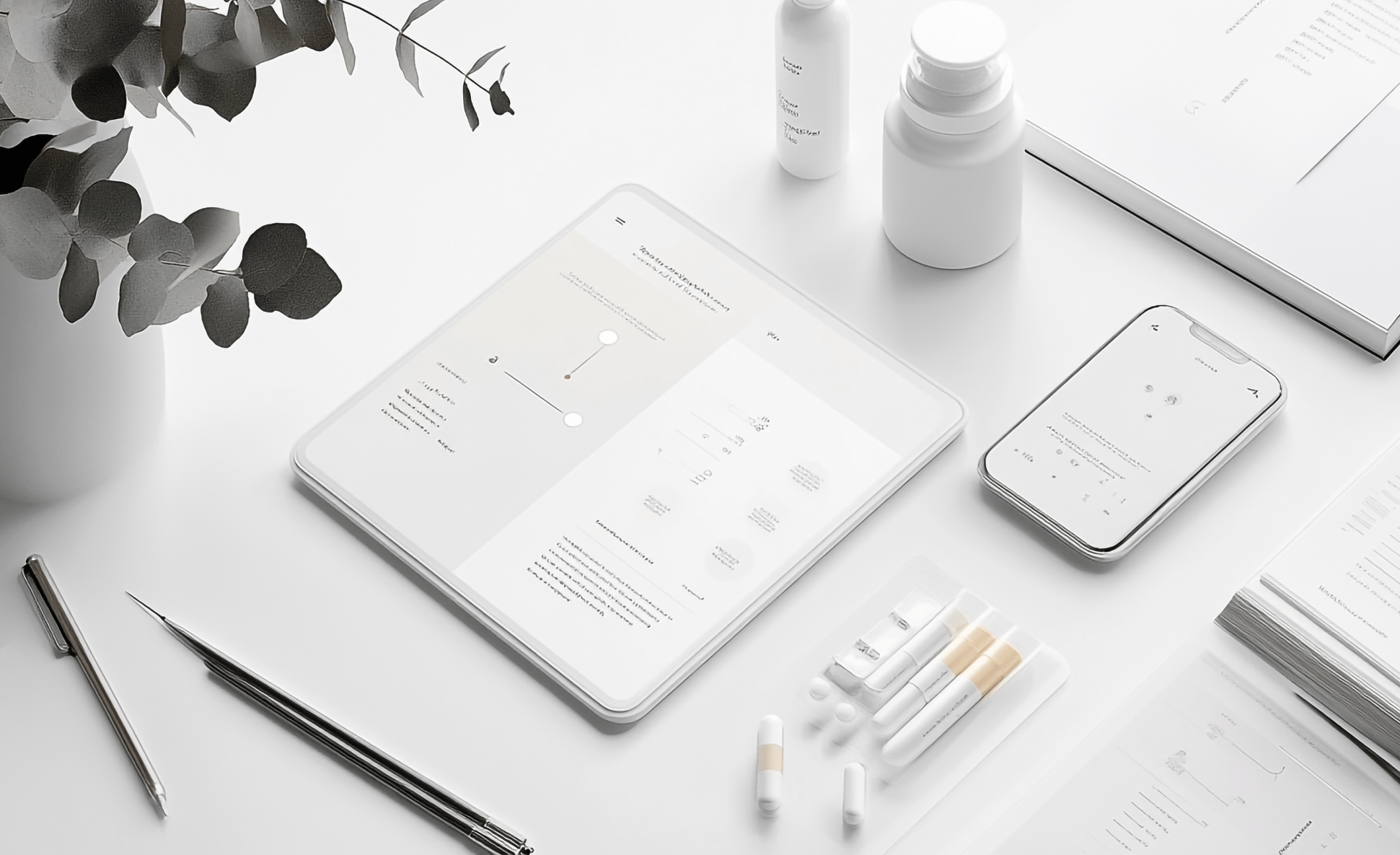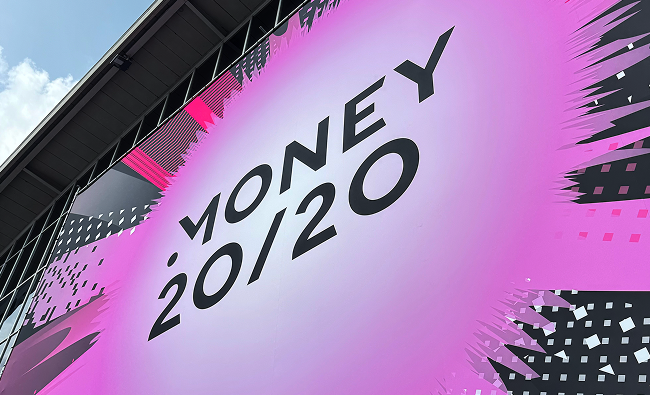8 UX Tips to Improve User Experience in Fintech Applications

- A Quick Look at the Fintech World
- Advantages of Fintech Applications
- 8 Golden Rules for Perfect UX in Fintech
- 1. User-Friendly Interface Design
- 2. Personalized Experience
- 3. Security and Privacy-Focused Design
- 4. Fast and Efficient Customer Support
- 5. Responsive Design
- 6. Accessibility
- 7. Technology Integration
- 8. Encouraging Feedback
- Transform the Experience with VOYA
In 2023, the fintech sector accounted for 2% of financial services and it is projected to reach 7% by 2030. As fintech applications continue to expand from digital payment systems and banking apps to insurtech and blockchain-based solutions; the importance of user experience (UX)-focused designs is growing. In this article, you’ll find eight UX tips to enhance user experience in fintech applications.
A Quick Look at the Fintech World
A combination of the words finance and technology, fintech refers to the innovative use of technology in the financial sector. Fintech applications digitalize financial services and offers fast and user-friendly solutions. These apps improve accessibility for both individuals and businesses while reducing costs and increasing efficiency. The main types of fintech applications include:
- Digital Payment Systems: Enable money transfers, bill payments and QR code or contactless payments.
- Investment Applications: Provide budgeting tools, expense tracking and investment management.
- Digital Banking Applications: Allow users to manage their bank accounts without visiting a branch.
- Insurtech: Simplifies the purchase and management of insurance policies.
- Blockchain-Based Applications: Offer cryptocurrency trading, wallet management and blockchain-based financial services.
Advantages of Fintech Applications
Fintech applications, which integrate technology into financial services, offers significant advantages for individuals and businesses. By enabling faster transactions such as money transfers, loan applications and automated bill payments compared to traditional banking methods, fintech apps provide time efficiency and convenience. They allow users to complete transactions anytime, from anywhere, enhancing accessibility and ease of use.
Fintech applications also reduce the need for physical infrastructure, lowering transaction costs while offering financial solutions even to those without a traditional bank account. By leveraging machine learning and artificial intelligence, these apps provide personalized financial services. Moreover, fintech simplifies access to alternative financial solutions such as cryptocurrency transactions, beyond traditional banking models.
Fintech applications offer global financial services by breaking geographical barriers. They can quickly adapt to changing user needs and update their features accordingly. Additionally, by reducing paper usage in digital transactions and operating on cloud-based systems that consume less energy than physical infrastructures, fintech applications contribute to minimizing environmental impact.
8 Golden Rules for Perfect UX in Fintech
User experience plays a crucial role in fintech applications. Designing applications to be user-friendly and efficient not only enhances user satisfaction but also ensures the success of the application. Here are some key tips to improve user experience in fintech applications:
1. User-Friendly Interface Design
A well-designed user interface can increase a website’s conversion rate by up to 200%. Simple and intuitive designs allow users to complete complex financial transactions with ease. Minimalist interfaces that focus on user needs help expand the user base. A well- structured onboarding process that provides step-by-step guidance makes it easier for users to sign up and understand the application. Simplifying complex financial terms further improves usability.
2. Personalized Experience
72% of users consider personalized experiences in financial services to be "extremely important." Applications that analyze user data and offer personalized recommendations can also anticipate user needs through behavioral analysis. This approach enables tailored and effective experiences. Features such as customized budget management and savings recommendations help boost user loyalty
3. Security and Privacy-Focused Design
A McKinsey study shows that 71% of customers would stop doing business with a company that mishandles sensitive data. Ensuring the security of financial information, which falls under the category of sensitive data, contributes to building a strong brand reputation. Transparent privacy policies make it easier for users to understand the process, while features like two-factor authentication (2FA) enhance data security.
4. Fast and Efficient Customer Support
Regardless of how user-friendly an interface is, customers want to direct communication with the company when needed. According to New Capco data, 63% of users prefer one-on-one interactions with bank representatives, while 37% opt for chatbots or SMS. Implementing accessible customer service options alongside chatbot integration can significantly improve customer satisfaction by resolving issues quickly and efficiently.
5. Responsive Design
Responsive design ensures that fintech applications work seamlessly across various devices such as tablets and smartphones. Given that 62% of users abandon a brand after a poor mobile experience, as shown in Google data, the importance of responsive design becomes even clearer. Enhancing page load speeds, reducing error rates, and enabling applications to function smoothly even with slow internet connections all contribute positively to user experience.
6. Accessibility
Fintech applications should be designed with accessibility in mind to expand their user base. A design approach that considers different user groups makes it easier for diverse populations to benefit from financial services. Features such as voice-guided navigation for visually impaired users and adjustable color contrast and font sizes help ensure that applications are accessible to all. Inclusive design is essential considering World Health Organization reported that 16% of the global population has some form of disability.
7. Technology Integration
Fintech applications need to process large amounts of data efficiently. Integrating artificial intelligence (AI) and machine learning into applications enhances performance. AI can also be used to understand users' financial goals and provide personalized recommendations. AI- powered applications can detect potential risks such as debt management issues and fraudulent transactions, alerting users in advance. AI-driven chatbots enable 24/7 customer service, improving user experience.
8. Encouraging Feedback
91% of dissatisfied customers stop using an application without providing feedback. Developing strategies to encourage user feedback and continuously updating the application based on this feedback can help fintech businesses stand out. Regular feedback allows companies to better understand user needs and offer tailored solutions. This not only increases customer satisfaction but also strengthens user engagement with the application.
Transform the Experience with VOYA
At VOYA, we offer a wide range of services from MVP product design to UX audits and research, development services to SaaS design, tailored to every brand and product's needs. Through our UX audit service, we help create experiences that enhance user loyalty, address their needs and meet their expectations. To better understand your users and create successful digital products, you can schedule a meeting with us today!
Explore All Blogs
Ready to discuss your project details?
Do you have a clear vision regarding the ideas, goals, requirements, and desired outcomes for your project? Let's take the first step together by setting up a meeting to bring all of these to life.
Product
Design Studio
Plaza B Blok No: 4 D: 573 Sarıyer,
34485, İstanbul / Türkiye
Entertech Teknokent Avcılar,
34320, İstanbul / Türkiye










